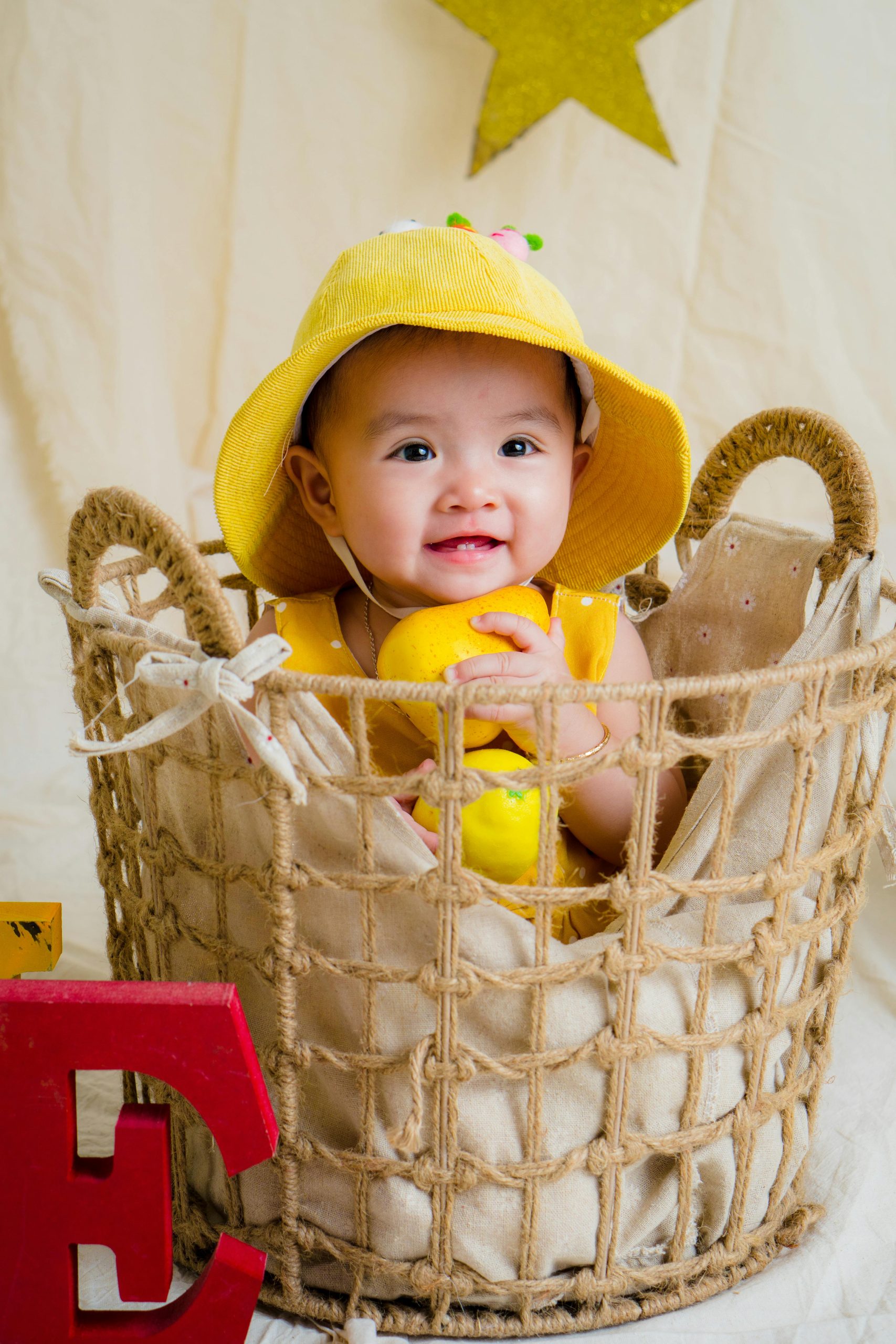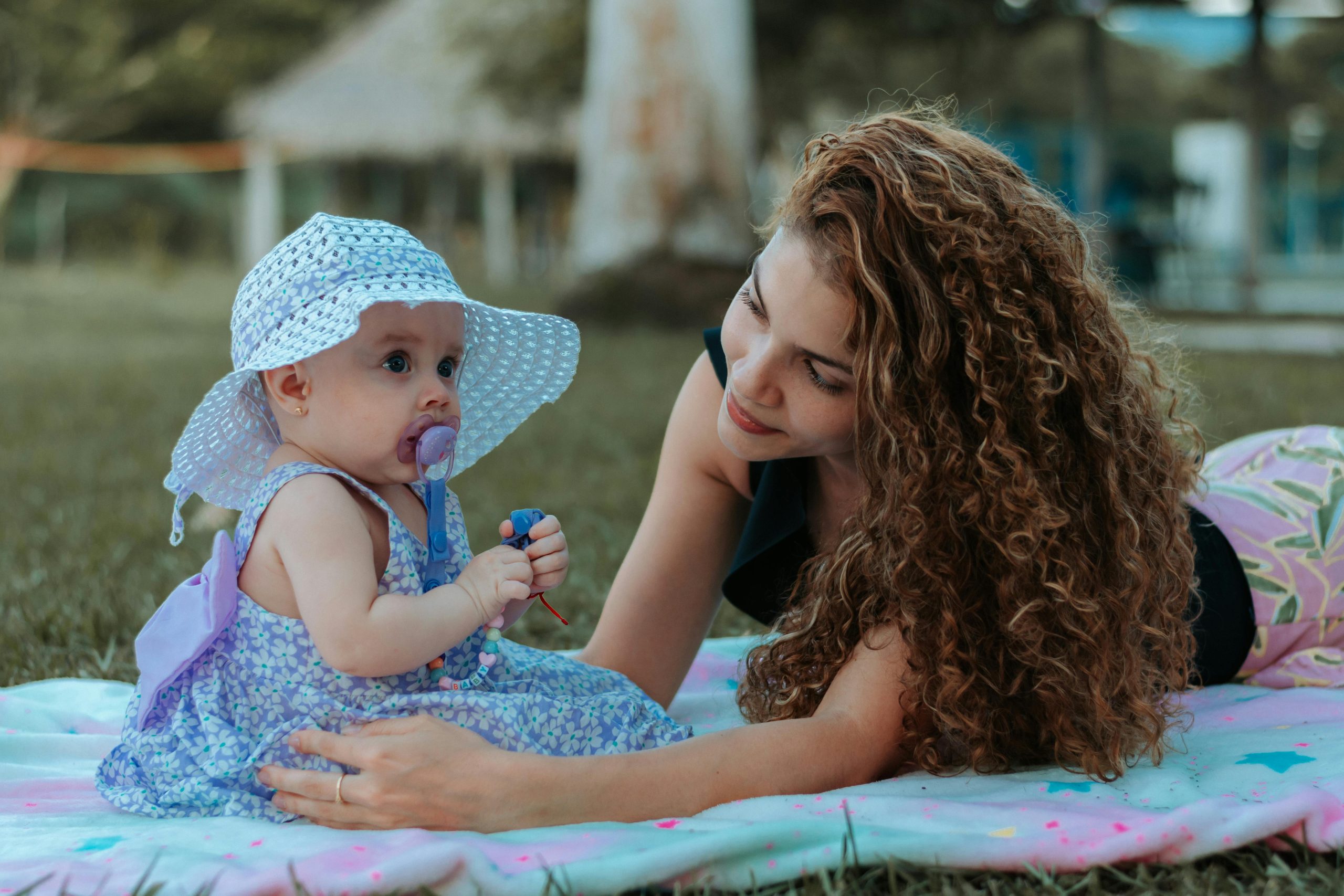Table of Contents
Emergency Contact Information
One of the most important emergency plans for a babysitter to have is a list of emergency contact information. This should include the parents’ contact numbers, as well as the numbers of other family members or neighbors who can be reached in case of an emergency. It is crucial to have this information readily available and easily accessible in case of a crisis.
In addition to phone numbers, babysitters should also have a list of important medical information for each child in their care. This should include any allergies, medications, or pre-existing medical conditions that could impact their treatment in an emergency situation. Having this information on hand can help medical professionals provide the best care possible in a crisis.
On-Demand Childcare in Your Neighborhood
Book a Sitter
Fire Safety Plan
Another essential emergency plan for babysitters is a fire safety plan. Babysitters should familiarize themselves with the layout of the home, including the location of fire exits, fire extinguishers, and smoke detectors. In the event of a fire, babysitters should know how to safely evacuate the children from the home and where to go for help.
It is also important for babysitters to practice fire drills with the children in their care so that everyone knows what to do in case of a fire emergency. This can help ensure a calm and orderly evacuation in a stressful situation. Additionally, babysitters should know how to use a fire extinguisher and have one on hand in case of a small fire.
First Aid Procedures
Being prepared to handle minor injuries and medical emergencies is essential for babysitters. Babysitters should have a basic knowledge of first aid procedures, including how to clean and bandage cuts and scrapes, treat burns, and perform CPR in case of a cardiac emergency. Babysitters should also have a well-stocked first aid kit on hand at all times.

In addition to knowing basic first aid procedures, babysitters should also be prepared for more serious medical emergencies. This includes knowing how to recognize the signs of an allergic reaction, seizure, or choking, and what steps to take to provide the appropriate care and seek help.
Severe Weather Preparedness
Severe weather can pose a significant risk to children, especially if they are home alone with a babysitter. Babysitters should be prepared for severe weather events such as tornadoes, hurricanes, or snowstorms. This includes knowing the appropriate safety precautions to take during each type of weather event.
Babysitters should have a plan in place for where to take shelter in the event of severe weather, as well as what supplies to have on hand in case of an extended power outage or evacuation.
It is also important to stay informed about weather alerts and warnings in order to take the appropriate actions to keep the children safe.
Missing Child Protocol
Finally, babysitters should have a plan in place for what to do in the event that a child goes missing. This includes knowing the appropriate steps to take to search for the child, contacting the parents and authorities, and providing a description of the missing child to help with the search.
Babysitters should also know how to prevent children from wandering off or getting lost in the first place, such as setting boundaries for outdoor play or ensuring that doors and windows are secure. It is important to act quickly and decisively in the event of a missing child to ensure their safe return.
In conclusion, being prepared for emergencies is essential for every babysitter. By having a solid plan in place for emergency contact information, fire safety, first aid procedures, severe weather preparedness, and missing child protocol, babysitters can ensure the safety and well-being of the children in their care. It is important to review and practice these emergency plans regularly to be ready for any situation that may arise.










